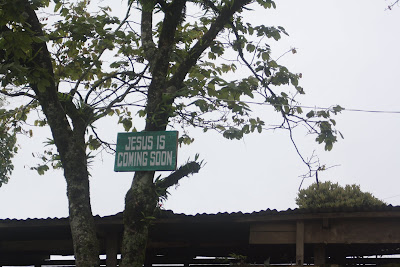
Photo@Arijit Sen--All Rights Reserved
Majuli is the world's largest fresh water mid-river deltaic island. That's what everyone says. But some are not too sure about the claim. Majuli was once, 1,200 square kilometre. A web search and recent satellite images reveal that the island is now anything between 577 and 875 square kilometre. As Amar Grover writes in 2006, December issue of Geographical, " each year several square kilometres of the island, simply disappear"

Photo@Arijit Sen--All Rights Reserved
This 100 feet long monstrous boat does three trips from Nimatighat to Majuli every day. We took the 10.30 am ride.

Photo@Arijit Sen--All Rights Reserved
Everyone is up and ready to be in Majuli after a one and half hour ride on the Bramhaputra

Photo@Arijit Sen--All Rights Reserved
Sunayana and her son Rahul with the happy group of women from Majuli. It appeared that they are regulars on the boat, old friends---travelling on the Bramhaputra, in and out of Majuli.

Photo@Arijit Sen--All Rights Reserved
Krishna--the icon of the island? Some say that Majuli is the epicentre of culture in Assam. Probably, all began when in 16th Century, social reformer Srimanta Sankardeva came here and began spreading a more accessible form of Vaishnavite culture.

Photo@Arijit Sen--All Rights Reserved
The boat moves. And those who are on it everyday, go about their routine. For them it might be just a boat and just a journey.

Photo@Arijit Sen--All Rights Reserved
When do I cross the river? My journey, it continues and continues.

Photo@Arijit Sen--All Rights Reserved
Overwhelmed at/on being photographed. (Sunayana and Priyodorshi noticed this). Most of them appeared to be followers of Krishna( or at least a deep faith in Krishna's divine powers), some of them were widows. On a 90 minute boat ride, we hardly got their stories. Stories probably hidden behind their smiles and helpful nature.

Photo@Arijit Sen--All Rights Reserved
Between a journey and a book

Photo@Arijit Sen--All Rights Reserved
Beautiful woman on the boat(II).

Photo@Arijit Sen--All Rights Reserved
On the river, from our boat

Photo@Arijit Sen--All Rights Reserved
A journey we have talked about and finally we are on the Bramhaputra.
Photo@Arijit Sen--All Rights Reserved
We start for Majuli

Photo@Arijit Sen--All Rights Reserved
The river we loved crossing

Photo@Arijit Sen--All Rights Reserved
And what all will cross the river? Motorcycles

Photo@Arijit Sen--All Rights Reserved
Bicycles

Photo@Arijit Sen--All Rights Reserved
Happiness is a river and a boat

Photo@Arijit Sen--All Rights Reserved
Nimatighat, Jorhat

Photo@Arijit Sen--All Rights Reserved
Inside the boat. Masks, Mising huts and the island. Crossing the Bramhaputra is just a matter of time.
Photo@Arijit Sen--All Rights Reserved
Beautiful woman on boat (I)

Photo@Arijit Sen--All Rights Reserved
Friends

Photo@Arijit Sen--All Rights Reserved
And friends

Photo@Arijit Sen--All Rights Reserved
And river and boat

Photo@Arijit Sen--All Rights Reserved
get set go! for Majuli.
(Link to a 1998 report on the island)






































